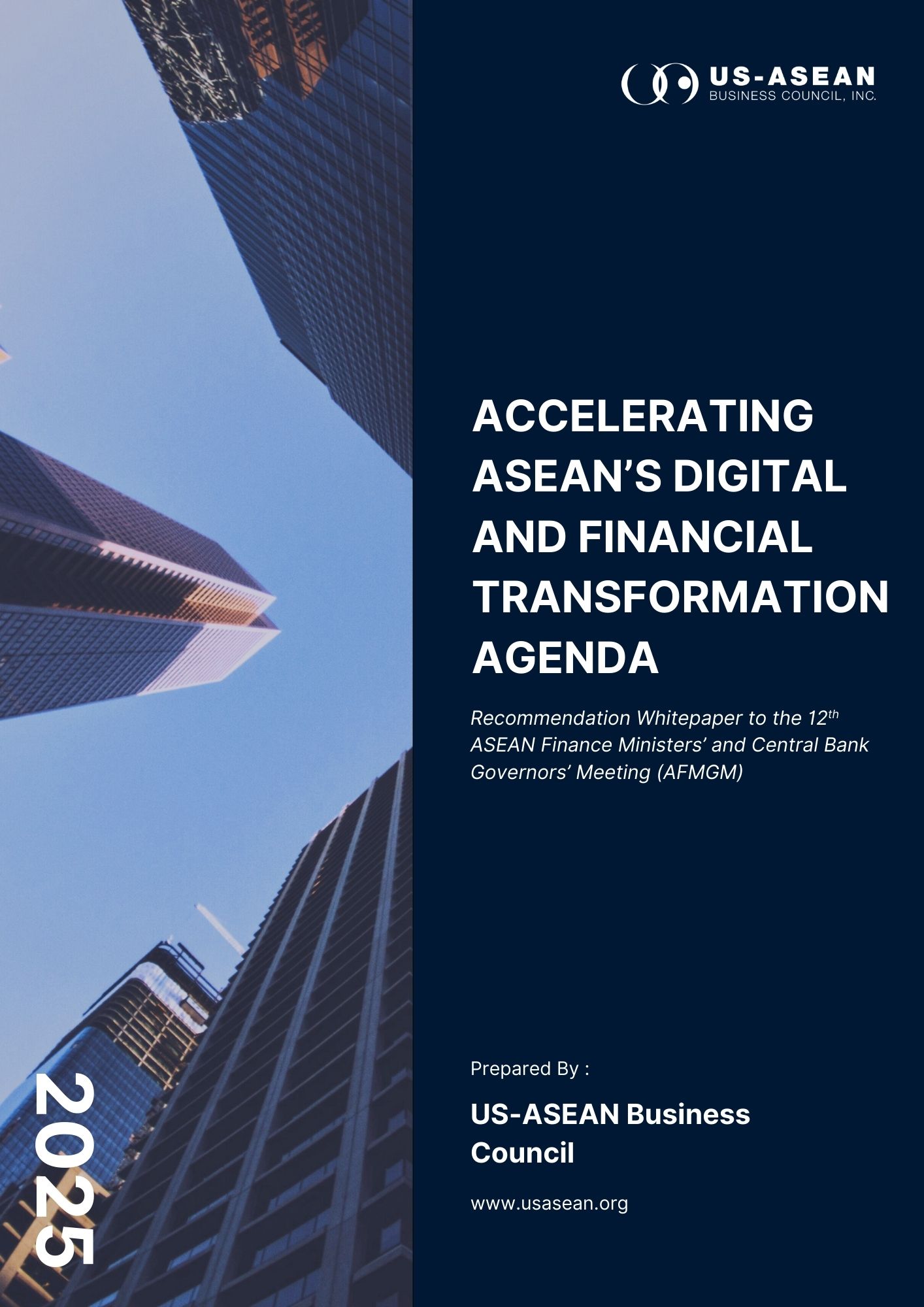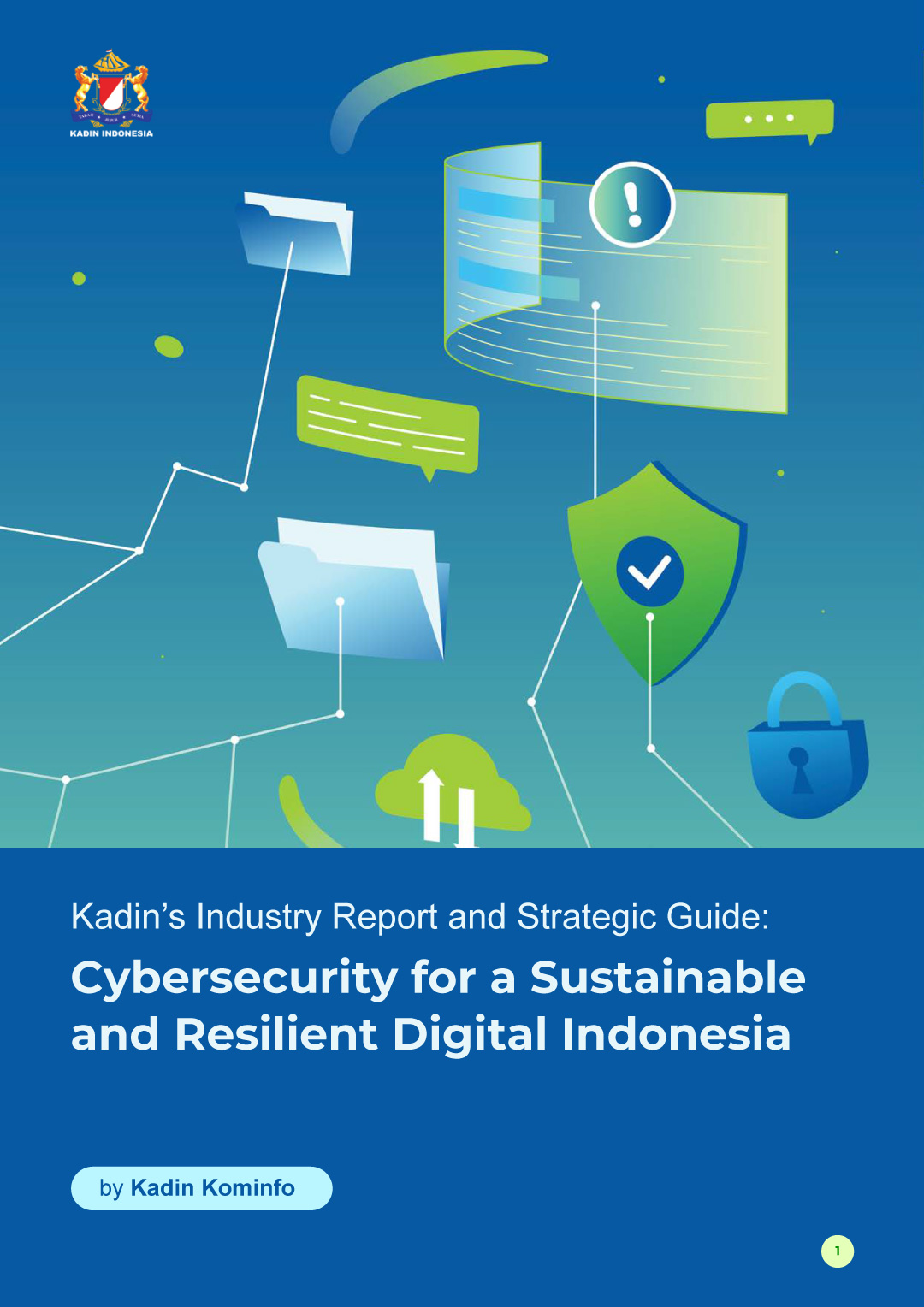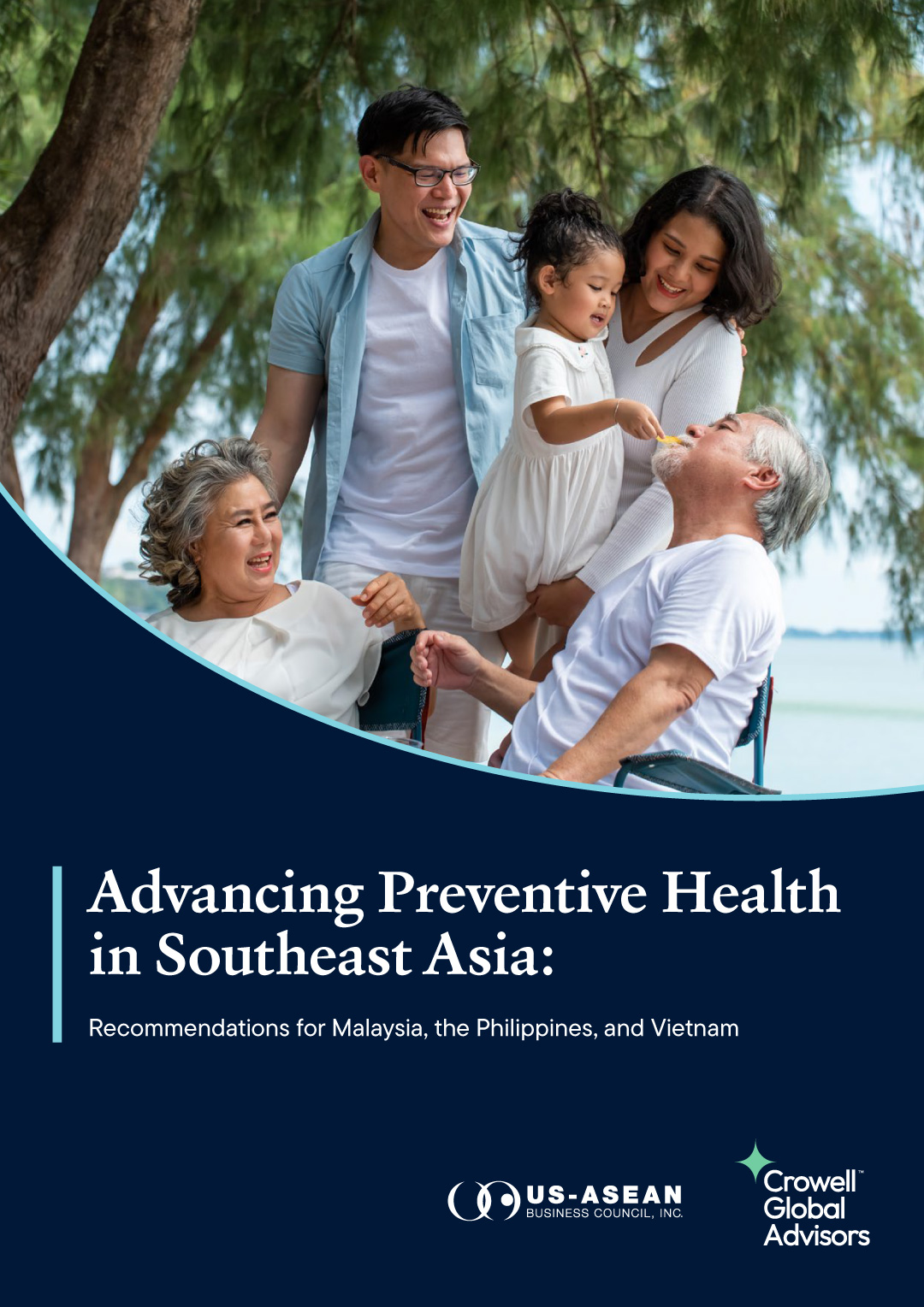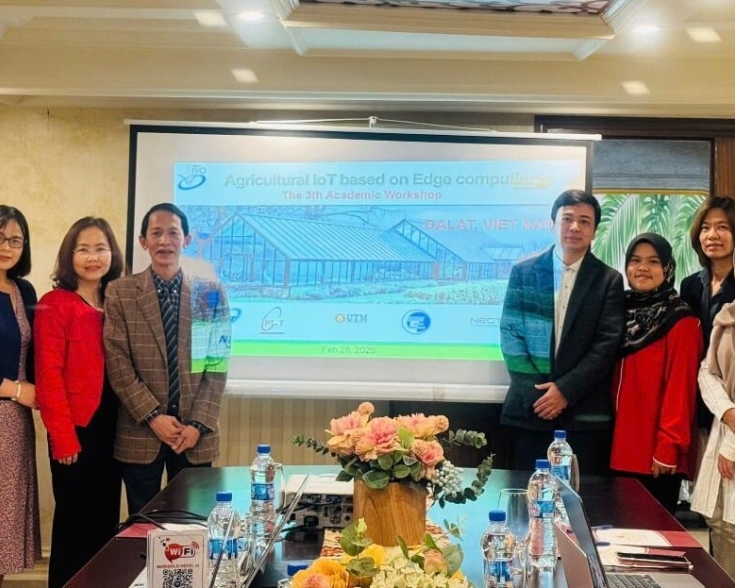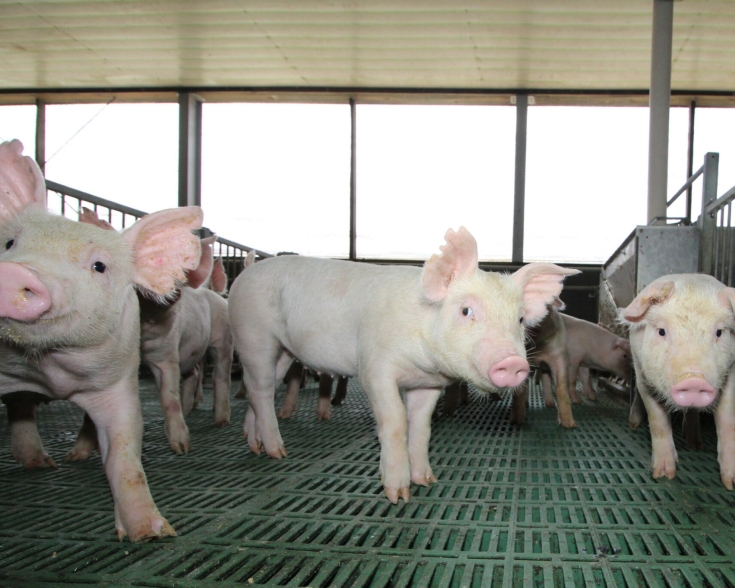Indonesia's Import Provisions and Regulation: Minister of Trade Regulation No. 8 of 2024 (MOT 8 / 2024)

Background
On May 18, Indonesia’s Ministry of Trade (MOT) issued Regulation No. 8 of 2024 (MOT 8 / 2024), which came into force immediately on the date of its promulgation as the third revision of MOT No. 36 of 2023 (MOT 36 / 2023). This newly enforced regulation includes technical rules governing the importation of products across a wide range of industry sectors, affecting the commercial interests of many companies doing business in the domestic market and consumers. The regulation represents the fourth in a series of revision to MOT No. 25 of 2022 (MOT 25 / 2022), which was first issued in May 2022.
As in previous revision processes, the Council in collaboration with other foreign chambers of commerce and the Indonesian Chamber of Commerce and Industry (KADIN) have advocated on multiple occasions that the MOT allow 6–12-month grace period to relevant Ministries, given that the Ministry of Industry has just issued Ministerial Regulations for Technical Recommendations (Pertek) in phases by sector since February 2024. However, revisions by the GOI to the previous drafts of the regulation did little to address all of industry’s concerns relating to the regulation’s technical unpreparedness, the onerous import permit processes, as well as the tight import quota; and only addressed concerns regarding import regulations for passenger goods, goods sent by migrant workers, and a limited number of industrial raw material goods.
This revision was a direct instruction from President Joko Widodo in response to industry concerns about the onerous import approval process and unclear quota imposition. These issues culminated in a buildup of import containers in major ports across Indonesia, which moved the needle for the revision. As of May 17, the number of stranded containers reached 17,304 at the Tanjung Priok port and 9,111 at the Tanjung Perak port. This congestion occurred due to the delayed issuance of Pertek as one of the prerequisites for obtaining Import Approval (PI).
The repercussions of this import curbing regulation include a prolonged black-out period and consequences to companies’ ability to carry out their businesses. As the goods impacted by this regulation were still not readily available in the country, the condition had imposed Indonesian customers to product shortages.
What Changed in MOT 8 / 2024
The MOT 8 / 2024 now serves as the primary reference for governing Indonesia’s import activities. It has provided significant import relaxation for several commodity groups included in the previous MOT 36 / 2023 juncto MOT 7 / 2024. These commodity groups include electronics, traditional medicines and health supplements, cosmetics and household supplies, footwear, garment/apparel and apparel accessories, bags, as well as valves.
Pursuant to MOT 8 / 2024, governance of imports for these commodities has now returned to the regime of the MOT Regulation No. 20 of 2021 (MOT 20 / 2021) juncto MOT Regulation No. 25 of 2022 (MOT 25 / 2022) – with various minor changes. Imports of certain products within the category now only require a Surveyor Report (LS)—as opposed to LS plus PI—on top of having the Pertek requirement for obtaining PI removed.
However, the MOT 8 / 2024 still retains the Pertek requirement for iron and steel, tires, and a few other items in the textile and textile products category. The Indonesian government promised to accelerate Pertek issuance and would allow companies to promptly clear out backlogs of their imported goods that have reached Indonesia from March 10 onwards. For detailed information on the regulatory changes, please refer to the attached meeting notes from the Ministry of Trade's socialization and US-ABC's regulatory comparisons.
What Businesses Can Expect
The Council in collaboration with eight foreign chambers of commerce has been advocating for a review of the restrictive import regulation since October 2023. As part of our advocacy efforts, the Council and representatives of foreign chambers have jointly submitted our industry recommendations in writing and engage with government officials across industries. Other than with Ministry of Trade, our previous communications and engagements included with the Coordinating Ministry for Economic Affairs, the Coordinating Ministry for Maritime Affairs and Investment, Ministry of Industry, as well as Ministry of Communications and Informatics.
The latest revision demonstrates the government's responsive attitude towards public criticism and the pressing concerns of businesses. However, the occurrences of three amendments also revealed challenges relating to Indonesia's regulatory coherence and inconsistencies that warrant more attention to the promotion of a more inclusive policymaking. Vice Minister of Trade, Jerry Sambuaga, commented that he hopes the relaxation of the policy will be final and that there will be no further revisions.





